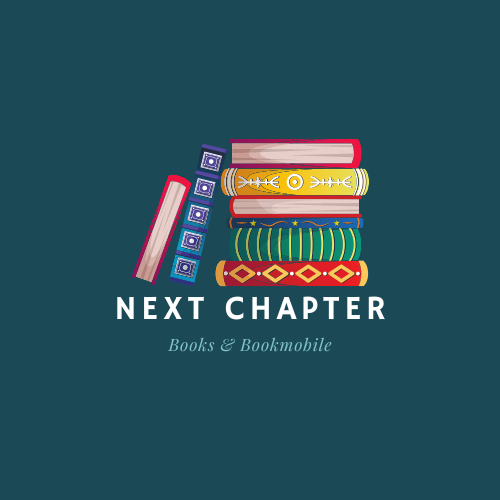The Hyacinth Girl: T.S. Eliot's Hidden Muse by Lyndall Gordon (Paperback)
Winner of the Nobel Prize in Literature, T.S. Eliot was considered the greatest English-language poet of his generation. His poems The Waste Land and Four Quartets are classics of the modernist canon, while his essays influenced a school of literary criticism. Raised in St. Louis, shaped by his youth in Boston, he reinvented himself as an Englishman after converting to the Anglican Church. Like the authoritative yet restrained voice in his prose, he was the epitome of reserve. But there was another side to Eliot, as acclaimed biographer Lyndall Gordon reveals in her new biography, The Hyacinth Girl. While married twice, Eliot had an almost lifelong love for Emily Hale, an American drama teacher to whom he wrote extensive, illuminating, deeply personal letters. She was the source of “memory and desire” in The Waste Land. She was his hidden muse.
Winner of the Nobel Prize in Literature, T.S. Eliot was considered the greatest English-language poet of his generation. His poems The Waste Land and Four Quartets are classics of the modernist canon, while his essays influenced a school of literary criticism. Raised in St. Louis, shaped by his youth in Boston, he reinvented himself as an Englishman after converting to the Anglican Church. Like the authoritative yet restrained voice in his prose, he was the epitome of reserve. But there was another side to Eliot, as acclaimed biographer Lyndall Gordon reveals in her new biography, The Hyacinth Girl. While married twice, Eliot had an almost lifelong love for Emily Hale, an American drama teacher to whom he wrote extensive, illuminating, deeply personal letters. She was the source of “memory and desire” in The Waste Land. She was his hidden muse.
Winner of the Nobel Prize in Literature, T.S. Eliot was considered the greatest English-language poet of his generation. His poems The Waste Land and Four Quartets are classics of the modernist canon, while his essays influenced a school of literary criticism. Raised in St. Louis, shaped by his youth in Boston, he reinvented himself as an Englishman after converting to the Anglican Church. Like the authoritative yet restrained voice in his prose, he was the epitome of reserve. But there was another side to Eliot, as acclaimed biographer Lyndall Gordon reveals in her new biography, The Hyacinth Girl. While married twice, Eliot had an almost lifelong love for Emily Hale, an American drama teacher to whom he wrote extensive, illuminating, deeply personal letters. She was the source of “memory and desire” in The Waste Land. She was his hidden muse.
That correspondence—some 1,131 letters—released by Princeton University’s Firestone Library only in 2020—shows us in exquisite detail the hidden Eliot. Gordon plumbs the archive to recast Hale’s role as the first and foremost woman of the poet’s life, tracing the ways in which their ardor and his idealization of her figured in his art. For Eliot’s relationships, as Gordon explains, were inextricable from his poetry, and Emily Hale was not the sole woman who entered his work. Gordon sheds new light on Eliot’s first marriage to the flamboyant Vivienne; re-creates his relationship with Mary Trevelyan, a wartime woman of action; and finally, explores his marriage to the young Valerie Fletcher, whose devotion to Eliot and whose physical ease transformed him into a man “made for love.”
This stunning portrait of Eliot will compel not only a reassessment of the man—judgmental, duplicitous, intensely conflicted, and indubitably brilliant—but of the role of the choice women in his life and his writings. And at the center was Emily Hale in a love drama that Eliot conceived and the inspiration for the poetry he wrote that would last beyond their time. She was his “Hyacinth Girl."














